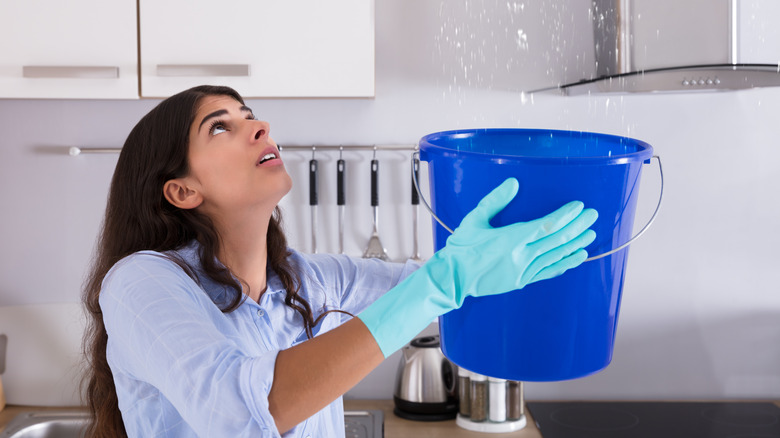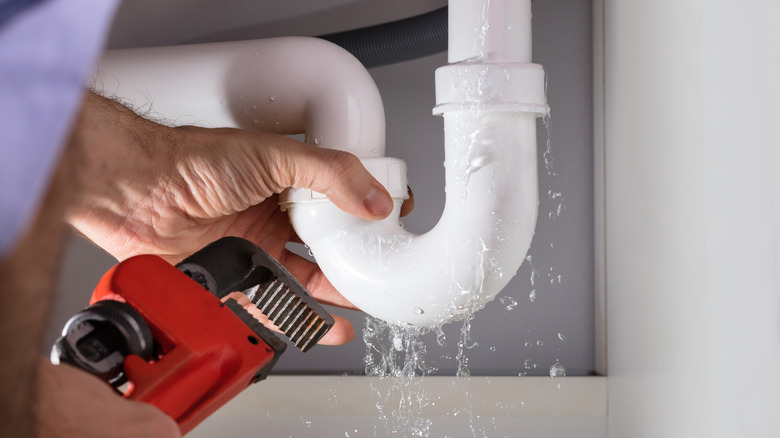where to buy generic colchicine from india no prescription
House floods cause extensive damage, both to the structure of the home itself and to your beloved possessions. While light flooding may not yield the same debilitating results, more intense flooding often leads to costly repairs on top of what you’ll need to spend to replace any items that have been ruined.
Though certain causes of house floods are not preventable, you can take steps to prevent other issues from occurring. The more information you have about house floods, the better prepared you’ll be if you encounter one.
According to the experts at Accurate Leak and Line, six common causes of house floods exist. These include broken pipes, poor drainage, clogged rain gutters, malfunctioning appliances, a damaged foundation, and the weather. It’s impossible to control the weather, and appliances may break down without warning, but it’s important to conduct routine maintenance on your home to prevent issues from occurring. Even something as simple as regularly cleaning your shower drain can make a significant impact as this prevents poor drainage from developing over time.
How to prevent common causes of house floods

If there’s a broken pipe in your home, contact a plumber as soon as you notice the issue. A broken pipe can flood your entire house within a few moments, so try to shut off the water to the affected room if possible until an expect arrives to help out. Regular maintenance checks to see if your pipes are cracked are recommended, as they allow you to prevent any significant breakage before it occurs (per Plumbing Supply).
In addition to checking your pipes, hire a professional to clean your rain gutters or conduct the cleaning yourself on a consistent basis. Double-check all your appliances to ensure they’re connected properly, especially your dishwasher and washing machine as these can cause serious flooding if they malfunction. If an appliance or a sink is leaking, it’s best to contact a plumber and have them inspect the issue to see what repairs are needed. Finally, you’ll need to visually inspect your home’s foundation for any cracks, as this can lead to flooding as well (per Accurate Leak and Line). Any cracks should be mended to prevent rainwater from seeping into your foundation. Better safe than sorry, right?
Source: Read Full Article
